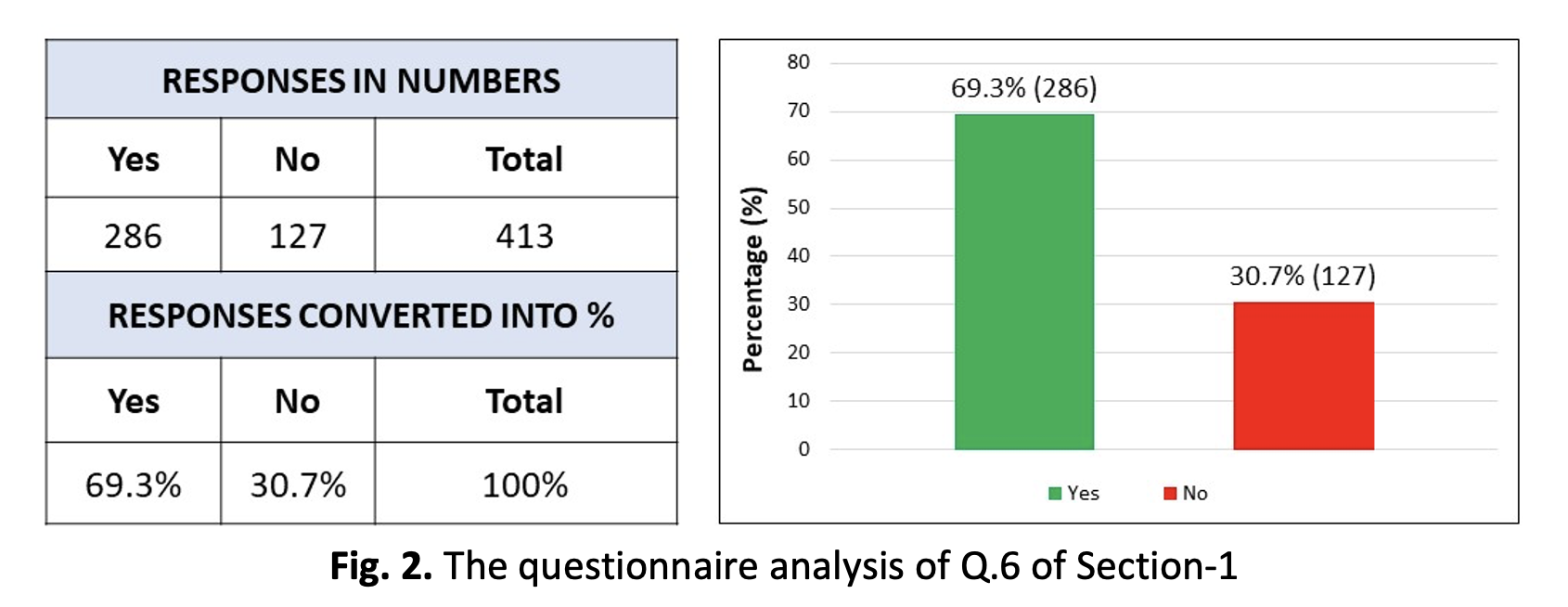The Paradigm Shift from Traditional to Blended Learning Methodology in Architecture Education
DOI:
https://doi.org/10.37934/araset.33.1.7591Keywords:
Blended Learning, Traditional Learning Methodology, Architecture Education, Paradigm ShiftAbstract
The Covid-19 pandemic has profoundly impacted the education sector, forcing institutions to explore alternative teaching methodologies. This research article examines the paradigm shift from traditional classroom-based face-to-face learning to blended learning in architecture education. A questionnaire was designed and administered to collect data from architecture students and educators in India, with a focus on their experiences and perceptions of blended learning. The results of the study indicate a significant rise in the adoption of blended learning in the postCovid-19 period. The respondents reported a favourable attitude towards blended learning, recognizing its potential to enhance learning outcomes and improve flexibility. The findings highlight the advantages of incorporating online platforms, multimedia resources, and virtual collaboration tools into architectural education. The findings indicate a significant increase in usage across various categories, with the highest increases observed in learning management systems, video conferencing platforms, online discussion sessions, live online lectures, online quizzes or assignment platforms, and online jury sessions. The research supports the idea that blended learning offers a promising approach to meet the evolving needs of architecture education in India. The flexibility and adaptability of blended learning methods provide opportunities for students to engage in self-paced learning, access a wide range of learning materials, and collaborate with peers and professionals beyond physical boundaries. This research contributes to the growing body of knowledge on the use of blended learning in architecture education, specifically in the context of India. The findings provide valuable insights for educators and policymakers seeking to integrate technology into the curriculum effectively. By embracing blended learning, architecture institutions can prepare students for the digital era while maintaining the fundamental principles of design education.Downloads

Downloads
Published
2023-10-17
How to Cite
Tahir Abdul Rahman Siddiquee, Fadzidah Abdullah, Aliyah Nur Zafirah Sanusi, & Mohd Khalid Hasan. (2023). The Paradigm Shift from Traditional to Blended Learning Methodology in Architecture Education . Journal of Advanced Research in Applied Sciences and Engineering Technology, 33(1), 75–91. https://doi.org/10.37934/araset.33.1.7591
Issue
Section
Articles




























